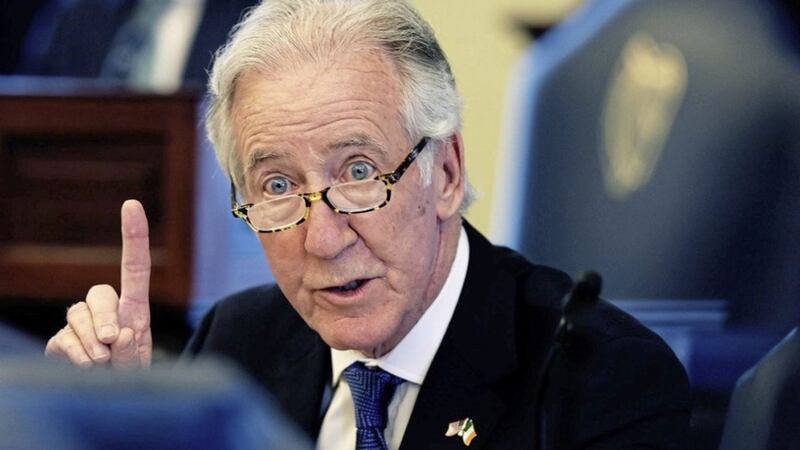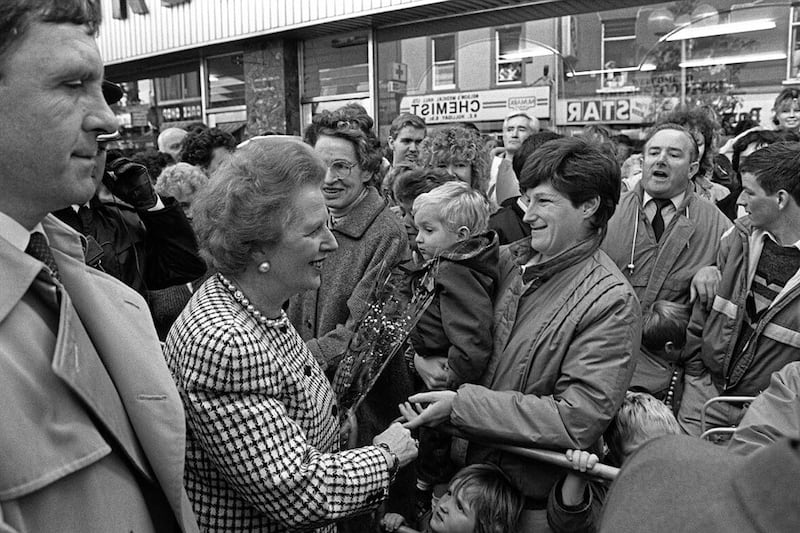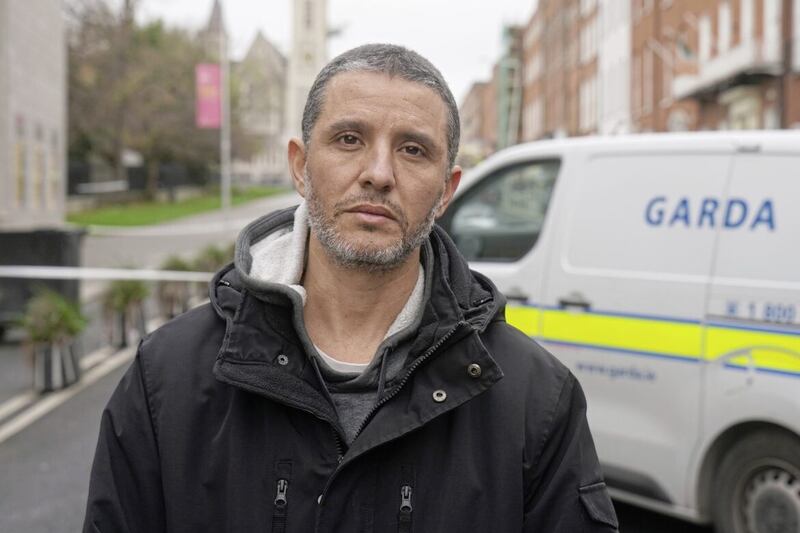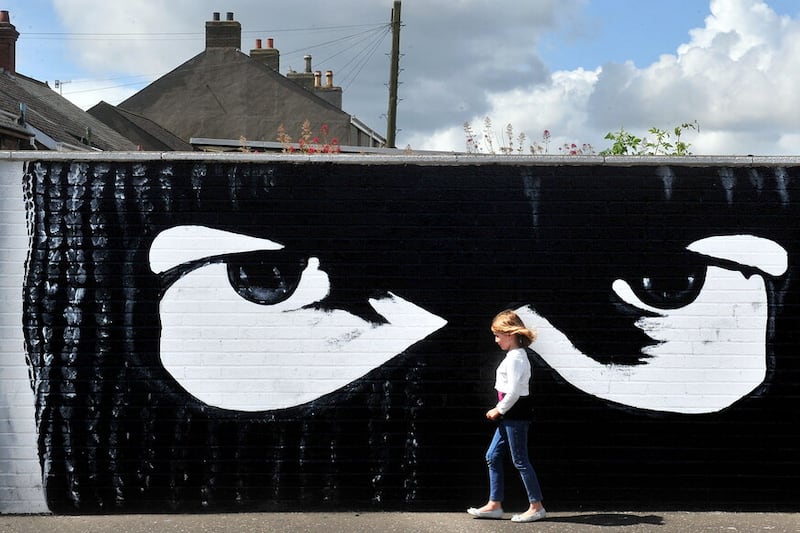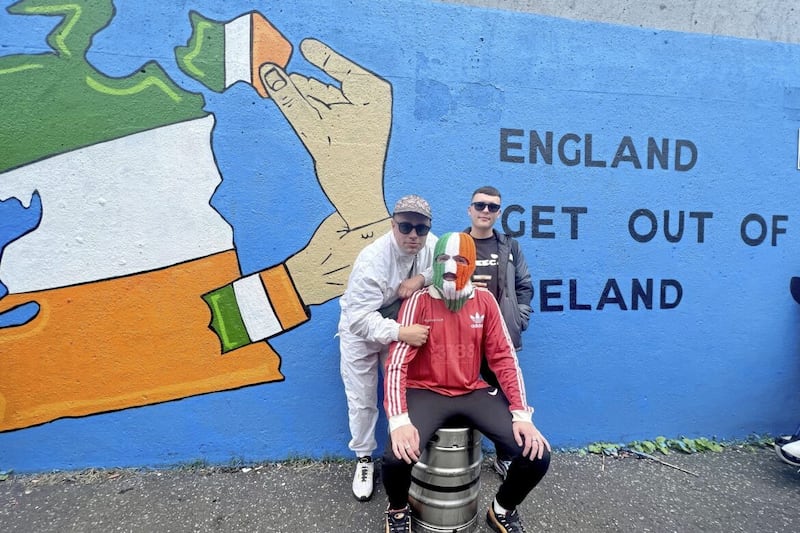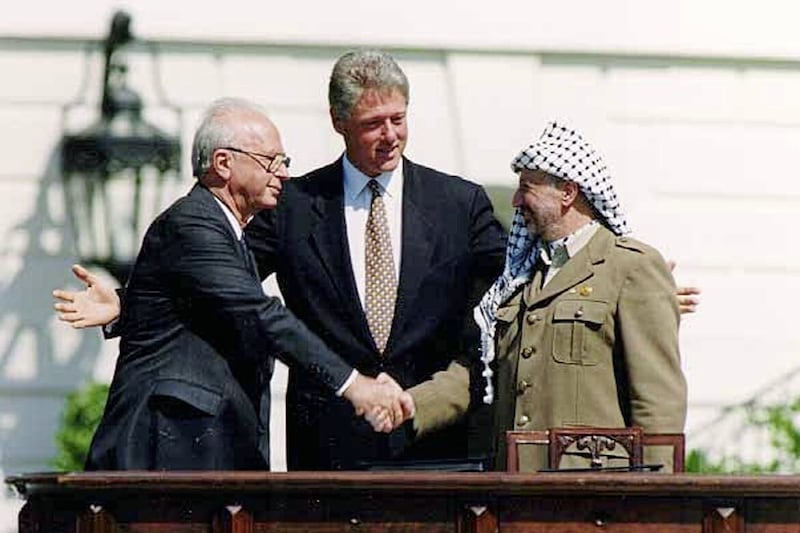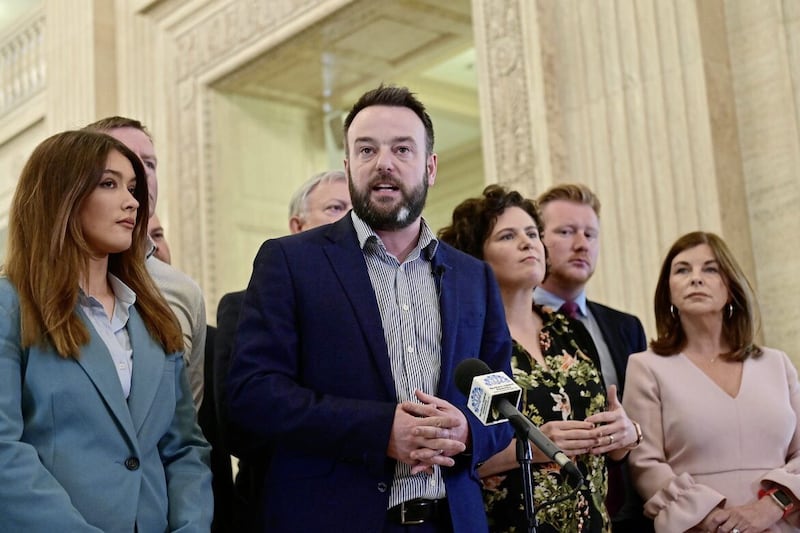“ Even a brief glimpse of what we were is valuable to help understand what we are”. These are the words of the author Dervla Murphy who died last week. A writer of great insight.
Her book about a troubled ridden Northern Ireland was aptly named ‘A place apart’.
Northern Ireland is a place apart. Made so by those who live here. The uniqueness of the north doesn’t necessarily mean it’s special. It remains an unsettled place not quite at peace with itself.
Standing in the Cardinal O’Fiaich Square in Crossmaglen, this writer witnessed the Ulster History Circle erect a plaque to John Hannon.
Hannon was a local man who recorded and preserved Irish phrases, lyrics and prayers from the Oriel region which were passed orally from one generation to another. Remarkably, he didn’t speak Irish. But he clearly felt it was worthwhile to understand the linguistic roots of his community and how they help shape local people.
Sadly, and despite the richness of his contribution to the preservation of the Irish language, John Hannon died impoverished at Newry Workhouse in 1931.
It was poignant that along with his blue plaque, the honouring of Hannon occurred one day after the British government finally legislated for full recognition of the Irish language at Westminster.
And language was to the forefront of another event, as loyalists and unionists took a hissy fit over Congressman Richard Neal’s remarks about ‘Planters and the Gaels’.
With too much time on their hands from boycotting Stormont, the unionist scramble for a greatest oppressed people moment was unedifying. Infamy, infamy, they all have it infamy, as they cried foul play over Neal’s comments.
Congressman Neal is hardly a wordsmith like Obama but in the context of the visit his comments were harmless. That said, he is a senior figure in the Democratic Party and is therefore an influential figure. Someone who the British government will take seriously even if unionists leaders dance a tantrum over a misinterpretation of his remarks.
Unionists have been ill at ease with Irish America for decades. Partly because political unionism makes itself unlovable and partly because the Scots-Irish in America don’t fully identify with their Ulster brethren.
David Trimble was an exception when he won the Nobel Prize Peace with John Hume. While Hume’s reputation and legacy soared globally after Oslo, Trimble was bogged down by internal wrangling and treachery.
Political unionism seems adrift but mocking and shadow boxing an American congressional deputation does not exactly widen their circle of friends or influence.
It’s doubtful if any of those loyalists taking offence at Congressman Neal went to the bother of reading the late Seamus Mallon’s reference to the Planter and the Gael in his biography or the eloquence of Ulster poets, John Hewitt or John Montague, who proudly used the phrase. As did the scholarly and erudite unionist politician, the late Dr Ian Adamson OBE.
The narrative of the Planter and the Gael is somewhat more romanticised than historical. History shines a colder light on such matters. Prose and poetry often diverge in a political context. It was quite risible to hear certain loyalists claim their status in Northern Ireland was in some way subjugated by being referred to as ‘Planters’.
As I sat supping a pint in Murtagh’s in Crossmaglen, I wondered about the insecurity of identity within unionism. Apart from being wrapped in a Union flag, unionists appear to be very much defined by what they are not. Their political narrative and associations are narrow and exclusive. The much talked about pluralism offered by positive outward looking unionism looks more like a pipe dream than a strategy.
Watching the thousands of Irish language enthusiasts march on the streets was heartening. Remembering John Hannon and his demise in a workhouse, I was struck by the need that the next fight has to be one against poverty.
Something which should unite the Planter, the Gael and indeed all others.

